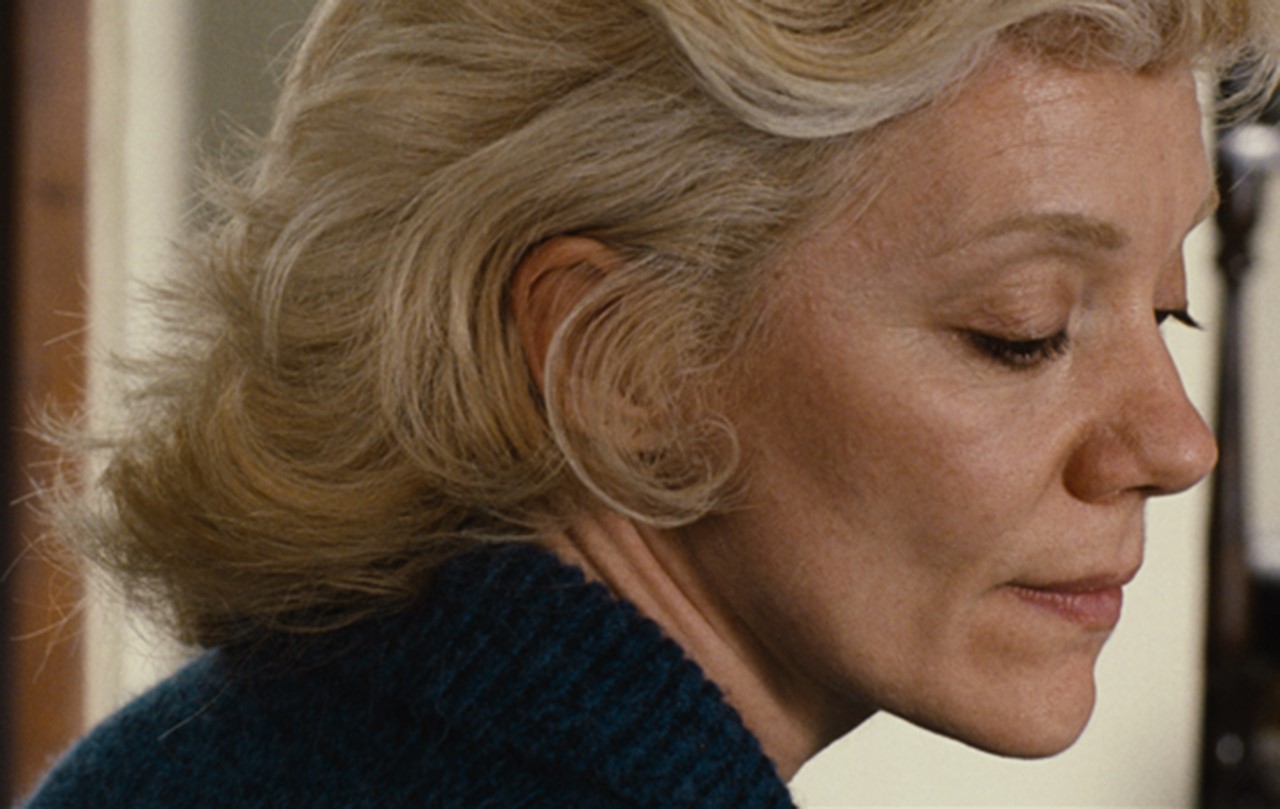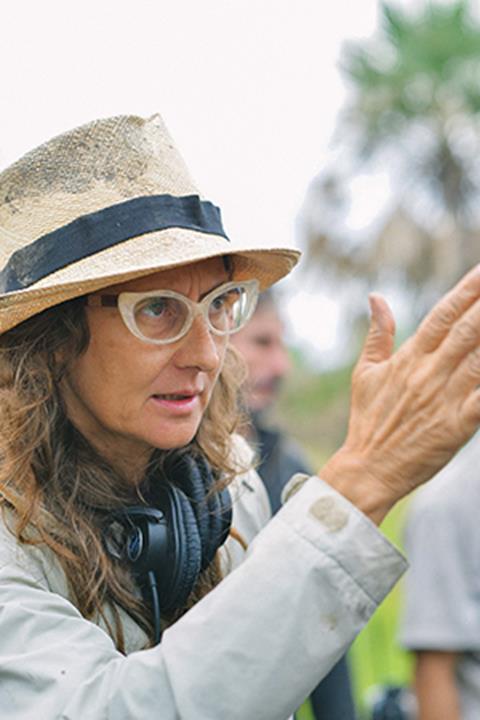
Info
Also in this program
Logline
THE HEADLESS WOMAN
Verónica is driving on a lonely road. Her phone rings. Distracted for a moment, she hits something — and keeps driving. Was it an animal? Or a person? Verónica numbly goes through her daily routine. Her husband and the rest of her family play down the incident, not allowing any feeling of guilt. But then the fire department makes a gruesome discovery. Martel masterfully expresses this feeling of bourgeois distress and subliminally criticizes the immoral mechanisms of self-protection that the Argentinian middle class employs.
Meet the director

Lucrecia Martel
Lucrecia Martel was born in Salta, northern Argentina, in 1966. As a teenager, she often made home movies of her large family. In 1986, Martel moved to Buenos Aires in order to study journalism and later film at the Avellaneda Experimental (AVEX) and the Escuela Nacional de Experimentación y Realización Cinematográfica (ENERC). Following a number of short films, including REY MUERTO (1995), which received awards at numerous international festivals, she began to make documentaries for television. For LA CIÉNAGA (2001), she received the Sundance Filmmakers' Award for her screenplay as well as the Alfred Bauer Award for best debut film at the Berlinale in 2001. Her works also include LA NIÑA SANTA (2004), LA MUJER SIN CABEZA (2008), and ZAMA (2017), all of which she not only directed but also wrote the screenplay for. Her films have been shown at festivals in Cannes, Berlin, Venice, Toronto, New York, Rotterdam, and at Sundance. Film festivals as well as such institutions as Harvard University, UCLA Berkeley, London's Tate Museum, and the Lincoln Center in New York have shown retrospectives of her work. Martel is one of the most important female filmmakers in Latin America.

